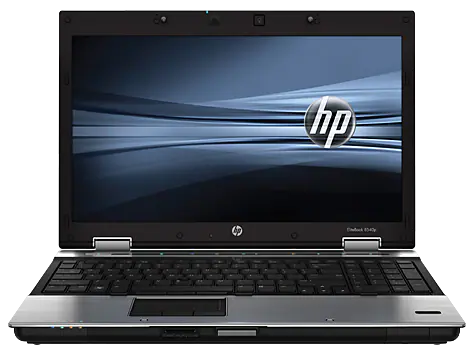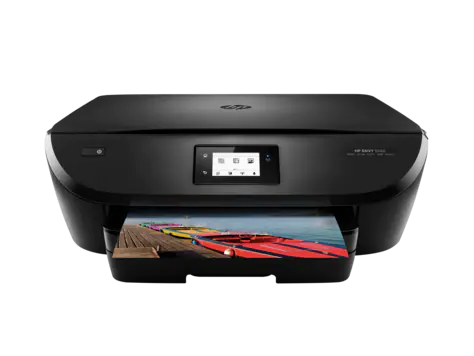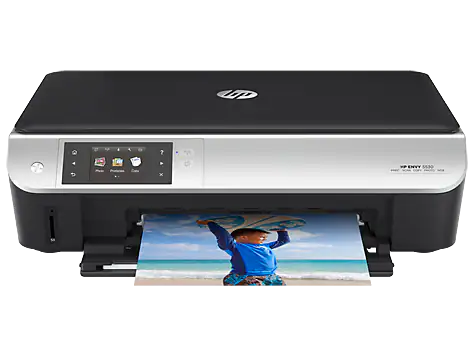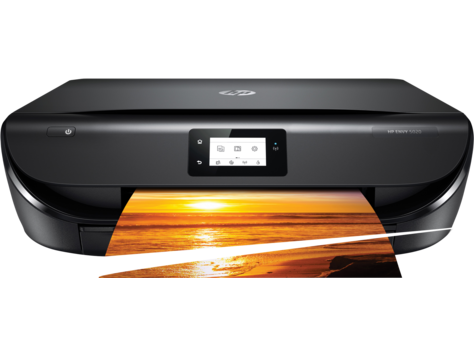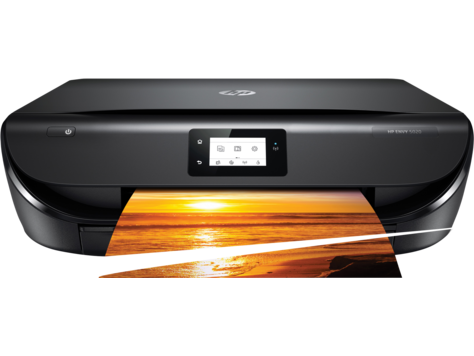
USB Mass Storage Driver
Published:
November 28th, 2019
Updated:
July 26th, 2024
Developer:
Version:
10.0.10125.31214
Platform:
USB Mass Storage Driver Download for Windows
Table of Contents
USB Mass Storage Driver
Downloading the latest USB Mass Storage Driver for Windows from this page. This is the connectivity software driver for Windows that will help you to connect the USB mass storage device to the computer Windows.
A USB Mass Storage Driver is a class driver that supports devices that meet the requirements of the USB Mass Storage Class specification. These devices include hard disks, RDX, flash drives, CD-ROM and read/write optical storage devices. The driver implements the open, close, local, and config subroutines of the USB device layer.
The Windows version of the driver is included in Jungo’s USB Host Stack, which is designed to allow developers to incorporate standard USB host functionality into embedded systems that do not natively support USB. In addition to the mass storage driver, the stack also provides USB device support and other class drivers.
USB Mass Storage Driver is not available in the free Lite version of the USB Host Stack, but it can be downloaded separately as a trial or full version. If you use the latter version, it is recommended to download and update the driver automatically using the Windows Optional & Driver Update tool or by using the command line utility WinFuture. So, this utility can be used to check and update outdated drivers for all drivers that are installed on your computer.
Compatibility
If you are experiencing problems with your USB mass storage device, it could be that the driver is out of date or not compatible with your operating system. If this is the case, you can try to resolve the issue by uninstalling the driver and reinstalling it. To do this, open the Device Manager and find your USB device under Universal Serial Bus controllers. Right-click the device and select Uninstall. In the subsequent Confirm Device Removal prompt. Tick the Delete the driver software for this device box and click OK. Then restart your computer.
Alternatively, you can download and install the latest driver for your USB device using the official Windows Driver Download Center. The process is quick and simple, but you should be aware that there is a risk of installing a driver that is incompatible with your operating system. For this reason, it is recommended to always install and update the driver with a reputable third-party tool like Bit Driver Updater.
Keeping the driver for your USB mass storage device updated can help improve performance and prevent issues with the device not being recognized or detected by the PC. To do this, you can either manually update the driver or use a specialist tool to do it for you. Bit Driver Updater is one of the best tools of its kind. Allowing you to update your drivers with a single click. You can learn more about it by visiting our detailed review of the program. You can even try out the tool for yourself by downloading the free trial version of the application. Or you can purchase a full license to use it right away. So, the button shared below will lead you to the download page. Enjoy!
About Connecting the USB Mass Storage
The best way to connect the device USB Mass Storage Driver installation on your OS. So, this driver will easily help you connect the device simply to Windows after completing the installation of it. The best way that create the opportunity is to connect your USB mass storage to the Windows OS system.
- Download now the latest USB Mass Storage Driver.
- Wait to complete the downloading process.
- Install the USB Mass Storage Driver.
- Reboot your system.
- Connect your USB mass storage looking for to create.
- It will get connected in a second.
Thanks for downloading the latest USB Mass Storage Driver from this page. So, this is a free and working USB driver for Windows that will help you to connect the device properly.
Functions of USB Mass Storage Driver
USB Mass Storage Driver software component allows an operating system to communicate with and manage USB mass storage devices. So, USB mass storage devices include a wide range of storage peripherals that connect to a computer via USB ports. Common examples of USB mass storage devices include USB flash drives: external hard drives, memory card readers, and digital cameras.
Here are key points about USB Mass Storage Drivers:
-
Driver Functionality: USB Mass Storage Drivers enable an operating system to recognize and interact with USB storage devices seamlessly. This includes the ability to read and write data to the device, format it, and manage file operations.
-
Plug and Play: In most cases, USB Mass Storage Drivers are designed to work as plug-and-play devices. When you connect a compatible USB storage device to a computer, the operating system should automatically detect and install the necessary driver software.
-
Cross-Platform Compatibility: USB Mass Storage Drivers are typically compatible with multiple operating systems. Including Windows, macOS, Linux, and various embedded systems. This universality makes USB mass storage devices highly versatile.
-
File System Support: The driver should support common file systems used on USB storage devices, such as FAT16, FAT32, exFAT, NTFS (for Windows), HFS+ (for macOS), and various Linux file systems.
-
Hot Swapping: USB Mass Storage Drivers often support hot-swapping, allowing users to connect and disconnect USB storage devices while the computer is running without the need for a system restart.
-
Driver Updates: Manufacturers periodically release driver updates to enhance compatibility. Improve performance, and address security issues. So, users should ensure they have the latest driver software for their USB mass storage devices.
More
-
Security Considerations: So, the use of USB mass storage devices can pose security risks. As they can be used to introduce malware or unauthorized data access to a computer network. IT administrators often employ security measures to control the use of USB storage devices in corporate environments.
-
USB Mass Storage Class (MSC): USB mass storage devices adhere to the USB Mass Storage Class protocol. Which defines a standard way for these devices to communicate with computers. So, this class standardizes the driver requirements for these devices.
-
Compatibility Modes: Some USB storage devices offer compatibility modes. Such as USB Mass Storage Mode and MTP (Media Transfer Protocol) Mode. The choice of mode affects how the device interacts with the computer and may require different drivers.
-
Legacy Support: While modern operating systems often provide built-in USB Mass Storage Drivers, older systems may require the installation of manufacturer-specific drivers for certain devices.
In summary, USB Mass Storage Drivers are essential components that facilitate the seamless interaction between USB mass storage devices and operating systems. They play a crucial role in ensuring that users can easily read, write, and manage data on various USB storage peripherals while maintaining cross-platform compatibility.
Conclusion
USB Mass Storage Drivers are fundamental software components that enable the smooth and efficient operation of USB mass storage devices across various operating systems. So, these drivers provide critical functionality by allowing the operating system to recognize, communicate with, and manage USB storage peripherals, including flash drives, external hard drives, memory card readers, and more.
The key takeaways regarding USB Mass Storage Drivers include their plug-and-play capabilities. Cross-platform compatibility, support for different file systems, hot-swapping capabilities, and the importance of keeping drivers up to date. Additionally, these drivers adhere to the USB Mass Storage Class protocol. Ensuring standardized communication between devices and computers.
So, wSB mass storage devices offer convenient data transfer and storage solutions. So, they also come with security considerations, particularly in corporate environments. Proper security measures are essential to mitigate potential risks associated with the use of these devices.
In summary, USB Mass Storage Drivers are essential components that contribute to the versatility and ease of use of USB mass storage devices. Making them integral tools for data management and transfer in both personal and professional settings.
